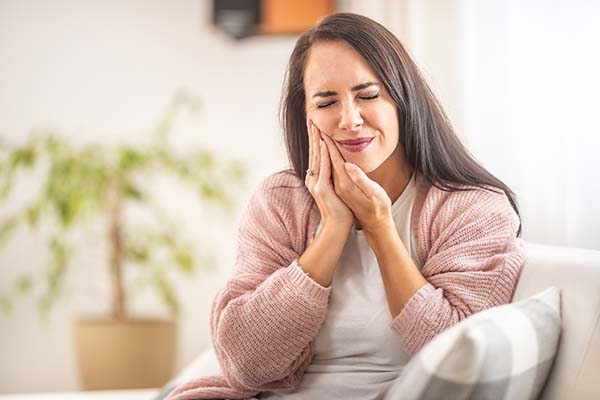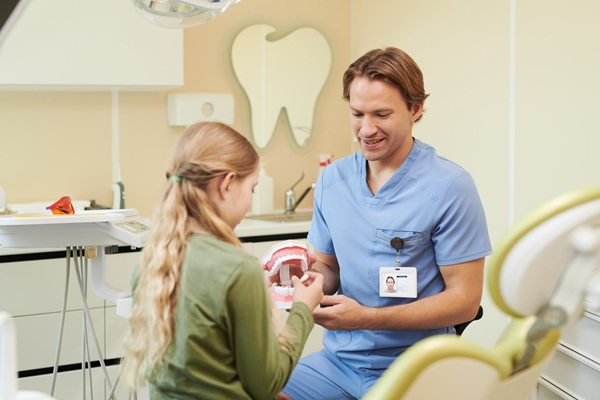How to Recover From a Wisdom Tooth Extraction
A wisdom is often necessary in order to create room in the mouth as well as to help avoid or relieve pain. While the procedure itself is common and generally goes well for most patients, it is important is to know the steps to take to fully recover afterward. Recovery varies for every patient and the dental professional will give specific instructions, but there are a few common things to take note of.
Aftercare for wisdom tooth extraction
Extracting wisdom teeth often requires a degree of oral surgery, and like all surgical procedures requires healing afterwards. Being aware of basic aftercare tips can help lead to a complete and quick recovery.
Rest
One of the important ways to recover from a wisdom tooth extraction is to rest a lot. Dental professionals recommend that the patient take it easy once the procedure is complete. The oral surgery involved takes a toll on the entire body, which means resting the body is in order to get back to normal.
Patients should expect to take a couple of days off from routine activities, such as school, work or anything that requires physical and mental strength. Getting extra sleep can also do wonders for the body as it heals from the extraction. Strenuous exercise should generally be avoided in the first week.
Ice packs or cold compresses
Another way to recover from having wisdom teeth removed is to hold ice packs or cold compresses near or around the mouth. When any type of teeth are extracted from the mouth, there tends to be a degree of swelling. This can be brought down with the use of ice or cold compresses.
Treating with cold can also help with pain. Wisdom tooth extractions typically cause some measure of discomfort within the mouth and jaw. Dental professionals recommend using ice or cold packs on and off throughout the recovery period to help numb the area. Over-the-counter painkillers may also help with dealing with any discomfort as well as with swelling.
Soft foods
After wisdom tooth extraction, the patient will not be able to go back to normal eating habits immediately. Instead, it is recommended to consume a soft or even liquid food diet for the next few days so that the mouth can recover fully from the procedure. Avoiding chewing hard or sticky items will ensure that proper healing takes place.
Dental professionals often suggest foods such as smoothies, cooked eggs, popsicles, ice creams, mashed potatoes or soups. It is also important to eat a lot of fruits and vegetables to aid in the healing process. These have nutrients that help maintain a healthy body, which will speed up the recovery time.
Extracting wisdom teeth
When preparing for a wisdom tooth extraction, you should consult with a dental professional about any concerns or questions. Getting specific recovery tips and following them carefully can help the healing process to go more smoothly.
Request an appointment here: https://ddaestheticdentistry.com or call D&D Family Dentistry at (540) 739-7589 for an appointment in our Fredericksburg office.
Check out what others are saying about our dental services on Yelp: .
Recent Posts
While dentists strive to save natural teeth whenever possible, certain situations may require tooth extractions to preserve oral health. When severe damage, decay, infection, or other oral health issues threaten the health of your smile, an extraction can save it. It is important patients recognize the signs of trouble and seek treatment promptly.Extensive tooth decay…
A dentist might recommend root canal therapy or tooth extraction to treat an infected or badly damaged tooth. Factors like the severity of the infection and the tooth's location often determine how the dentist approaches treating a patient.Tooth extraction is the cheaper alternative, but it can end up costing more than root canal therapy if…
Tooth extraction is the removal of a tooth from its socket. There are two types of extraction: simple and surgical. Simple extractions involve the removal of visible teeth. During simple extractions, dentists loosen the teeth and remove them with dental forceps. Surgical extractions become necessary when teeth break off at the gum line or do…
After a tooth extraction procedure, it is important to follow the aftercare tips provided by the dentist to ensure full healing and prevent complications. The first few days after the treatment are crucial, and a quick recovery will mean that you can resume your normal activities as soon as possible. This article highlights a few…


